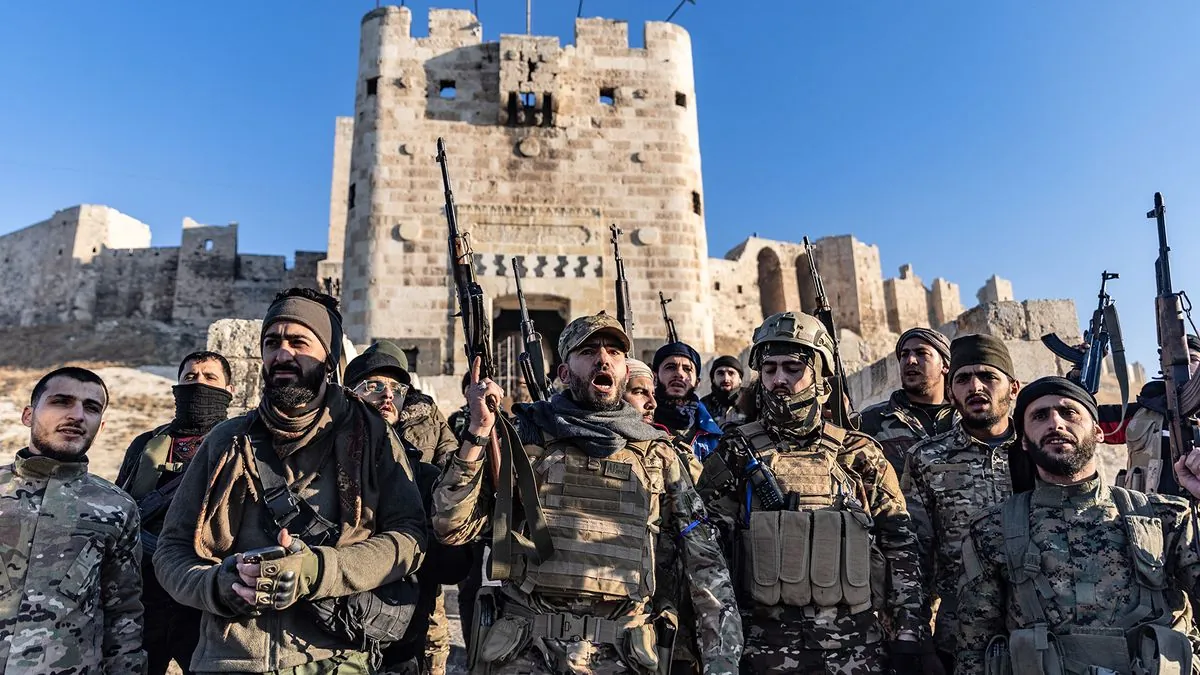The rebel push in northern Syria has created an un-expected power shift that affects multiple regional players. Bashar al-Assadʼs government faces fresh problems as various armed groups move across the territory (which nobody predicted would happen this fast)
The situation comes after a long civil war that happened about 13 years ago; where Iran and Russia backed Assad while the US and Turkey supported opposition forces. Now Recep Tayyip Erdoğanʼs Turkey plays a key role – trying to manage its border security and deal with refugee issues
- Turkish-backed groups joined HTS rebels
- Local population remains careful about new rulers
- US keeps small force to stop ISIS
- Kurdish fighters hold northeast areas
The US approach under Joe Biden stays hands-off with just around 900 troops left in-country: their main job being to work with Kurdish allies and stop ISIS from coming back. Meanwhile Turkey didnt expect such big changes when some rebel groups it supports joined the HTS advance
The local impact brings more questions than answers. West Aleppoʼs people dont fully trust HTS leadership – this could make governing hard. Russian air-strikes might push more people towards Turkish borders which would mess up Erdoğanʼs plans to send refugees back
The whole thing shows how Syriaʼs future depends on who fills the space left by Iranʼs weakened position and Russiaʼs focus on other conflicts. Both US and Turkey cant do much since the main rebel group HTS is seen as terrorists by everyone
